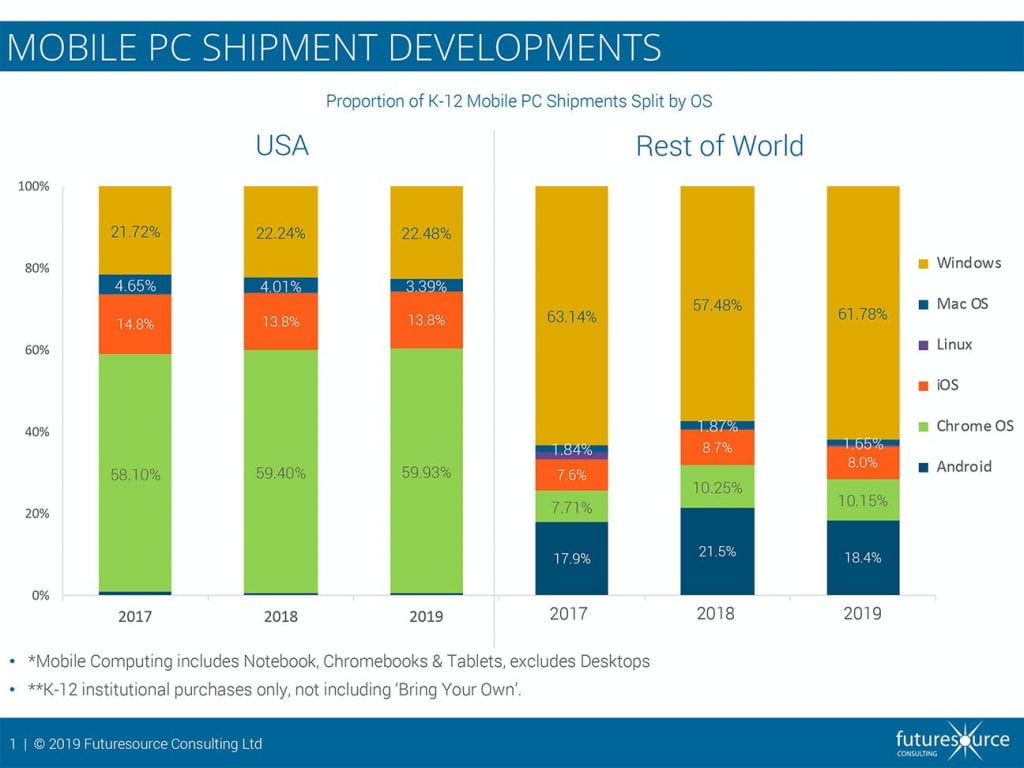Mobbing in the library workplace: What it is and how to prevent it
a darker definition of mobbing: a type of workplace pathology in which employees target a co-worker and engage in an ongoing campaign of disrespectful, and even hostile, behavior. Typically, mobbing behaviors are covert and insidious; the mobbing victim is excluded from normal workplace activities and communications, with the ultimate goal of forcing the victim out of the organization. Mobbing is highly stressful because the targeted individual’s social support system is undermined.
Managers may be tacit or active participants in the process. The perpetrated injustices are unfair but usually legal, and may fall within areas that are considered management prerogatives.
Often, mobbing victims are made to appear as though they are at fault, or are viewed as “crazy” or incompetent. When forced from the work group, their departure is depicted as their choice.
The concept of mobbing is not well recognized in the United States. In English speaking countries, research has focused on the concept of bullying behavior between individuals, often when a person in a more powerful position is abusive toward a subordinate or less assertive person. Mobbing, with its overlay of group dynamics, is a more sophisticated and complex set of behaviors. Mobbing is clearly a form of harassment, but in the United States this term is connected with civil rights law, and denotes harmful behavior toward persons who have a protected status, such as race, religion, gender, or national origin.
Research by Leymann and Kenneth Westhues shows that mobbing is more likely to occur in professional settings, where the work is complex, organizational goals may be ambiguous, critical thinking is encouraged, and workers have relative autonomy. Academic libraries share some or all of these characteristics, and in fact libraries can be prime settings for workplace mobbing.
Active, involved management is crucial in controlling the mobbing dynamic. Many library managers have limited management training, and may not have awareness of the concept of mobbing or experience with resolving conflict. Managers are often promoted for their technical expertise, rather than their skill in handling interpersonal matters.
A weak, poorly managed organization may provide the aggressor with opportunities to target an individual.
